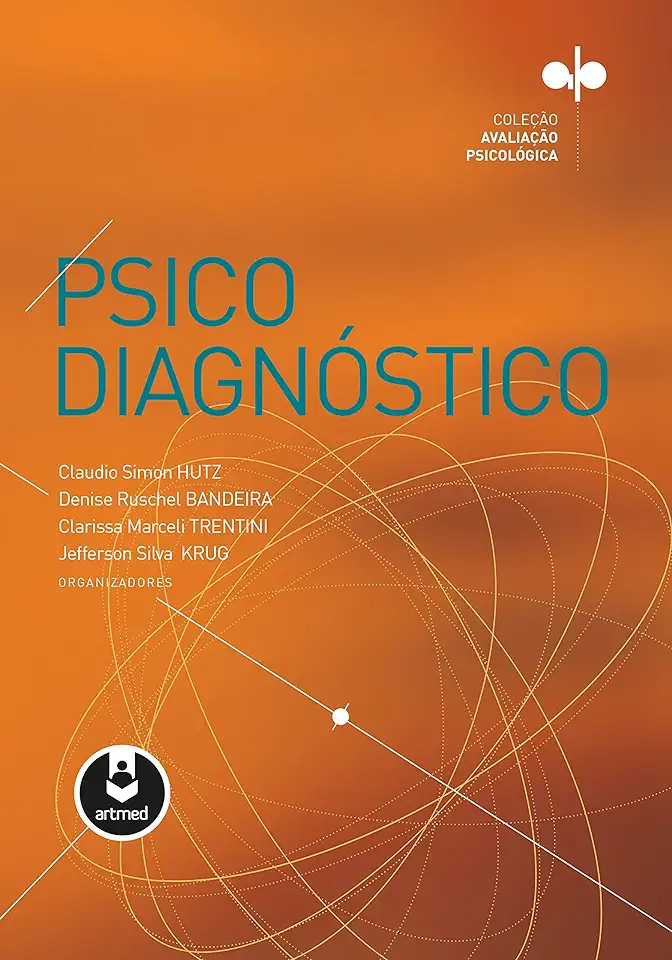
Psychodiagnostics - Claudio S. Hutz
Psychodiagnostics: A Comprehensive Textbook
Introduction
Psychodiagnostics is the science and art of assessing psychological characteristics and processes. It is a field that has a long history, dating back to the early days of psychology. However, it was not until the 20th century that psychodiagnostics began to develop into a truly scientific discipline.
Today, psychodiagnostics is used in a wide variety of settings, including clinical psychology, educational psychology, and industrial-organizational psychology. It is used to assess a variety of psychological characteristics, including intelligence, personality, and psychopathology.
The Importance of Psychodiagnostics
Psychodiagnostics is an important tool for understanding human behavior. It can be used to identify individuals who are struggling with psychological problems, and it can also be used to develop treatment plans for those individuals. In addition, psychodiagnostics can be used to select individuals for jobs or educational programs, and it can also be used to develop training programs for those individuals.
The Different Types of Psychodiagnostic Tests
There are a variety of different psychodiagnostic tests that can be used to assess psychological characteristics. Some of the most common types of tests include:
- Intelligence tests measure an individual's ability to learn and solve problems.
- Personality tests measure an individual's personality traits and characteristics.
- Psychopathology tests measure an individual's symptoms of psychological disorders.
- Neuropsychological tests measure an individual's cognitive functioning.
The Process of Psychodiagnostics
The process of psychodiagnostics typically begins with an interview with the individual being assessed. This interview is used to gather information about the individual's history, current symptoms, and concerns. The interviewer may also administer a variety of psychodiagnostic tests.
Once the data from the interview and tests have been gathered, the psychodiagnostician will interpret the data and develop a report. The report will typically include a description of the individual's psychological strengths and weaknesses, as well as recommendations for treatment or further assessment.
The Benefits of Psychodiagnostics
Psychodiagnostics can provide a number of benefits for individuals, including:
- Early identification of psychological problems. Psychodiagnostics can help to identify individuals who are struggling with psychological problems at an early stage, when they are more likely to be treatable.
- Development of treatment plans. Psychodiagnostics can help to develop treatment plans that are tailored to the individual's specific needs.
- Selection of individuals for jobs or educational programs. Psychodiagnostics can help to select individuals who are best suited for particular jobs or educational programs.
- Development of training programs. Psychodiagnostics can help to develop training programs that are tailored to the individual's specific needs.
Conclusion
Psychodiagnostics is a valuable tool for understanding human behavior. It can be used to identify individuals who are struggling with psychological problems, and it can also be used to develop treatment plans for those individuals. In addition, psychodiagnostics can be used to select individuals for jobs or educational programs, and it can also be used to develop training programs for those individuals.
If you are interested in learning more about psychodiagnostics, I encourage you to read this book. It is a comprehensive textbook that covers all aspects of psychodiagnostics, from the history of the field to the different types of tests that are used. I am confident that you will find this book to be a valuable resource.